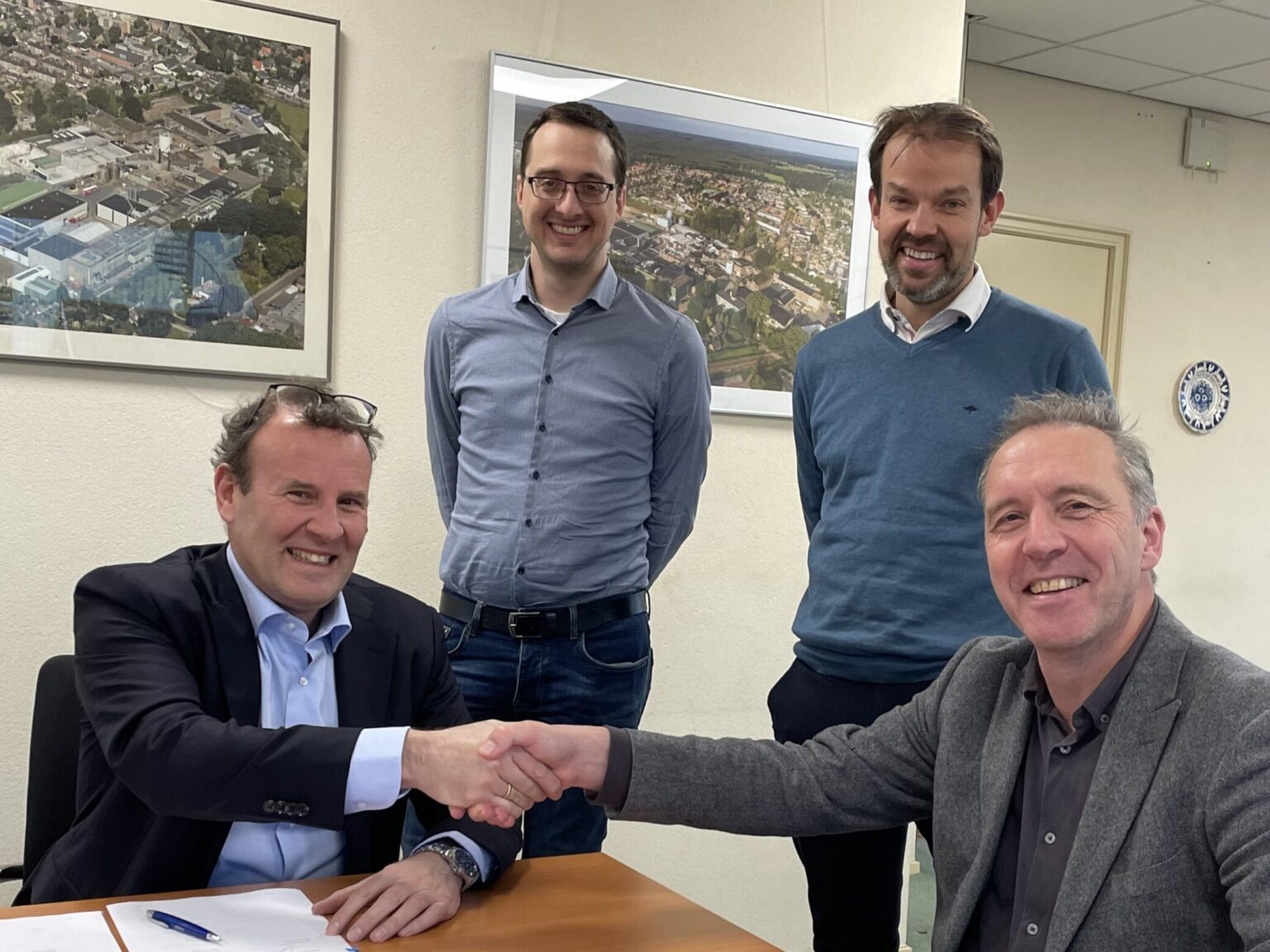EU legislation requires all large and listed companies to disclose information on what they consider to be the risks and opportunities arising from social and environmental issues and the impact of their activities on people and the environment. This so-called CSRD (Corporate Sustainability Reporting Directive) will become mandatory from the 2025 reporting year. At FOLBB Group, we consider sustainability and transparency to be important issues, which is why we have already published now our first report, over the year 2023.
This first FOLBB report highlights the crucial European Sustainability Reporting Standards (ESRS) that guide our sustainability initiatives:
🔹 ESRS E1: Climate Change
Our efforts focus on reducing greenhouse gas emissions, adapting to climate risks, and promoting a low-carbon economy.
🔹 ESRS E2: Pollution
We are committed to minimizing our environmental footprint by reducing pollution across our operations, especially air and water quality, waste management, and the use of harmful substances.
🔹 ESRS E3: Water and Marine Resources
We prioritize responsible water use, safeguard marine resources, and ensure efficient management of water-related risks throughout our supply chain.
🔹 ESRS E4: Biodiversity and Ecosystems
Our initiatives aim to preserve biodiversity, protect natural habitats, and restore ecosystems that are vital for the environment and future generations.
🔹 ESRS E5: Resource Use and Circular Economy
We emphasize resource efficiency, promote a circular economy by reducing waste, and integrate sustainable practices in material sourcing and product life cycles. A huge thank you to the dedicated FOLBB team involved in bringing this project to life. Your hard work and passion for sustainability have made this achievement possible, and we’re incredibly proud of what we’ve accomplished together!
The Sustainability report is available in both English and German, via the link below.
